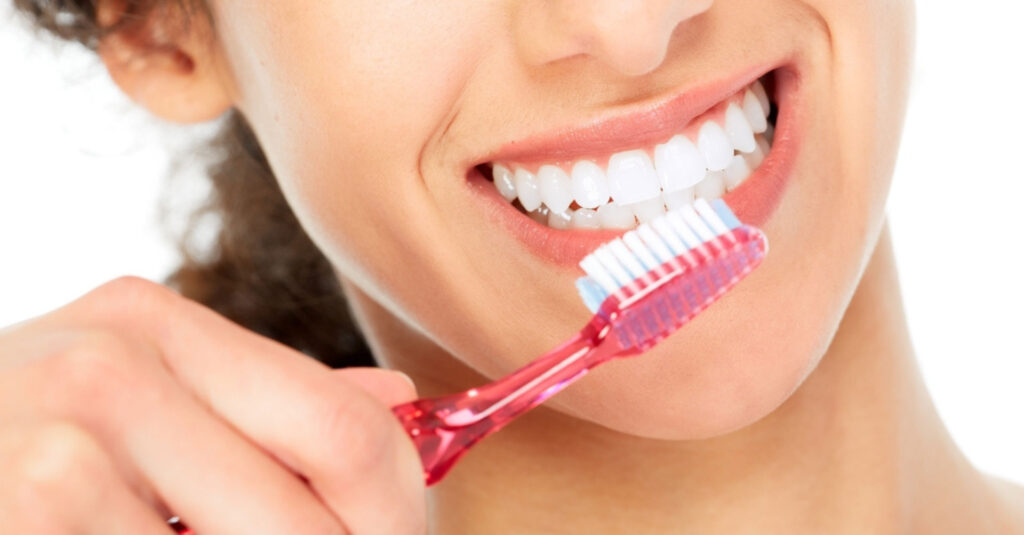Although it’s essential that we regularly exercise to maintain our physical health, working out can actually have a negative impact on our oral health. From high-impact sports causing tooth loss and the need for dental implants to dehydration causing plaque build-up, exercising, unfortunately, brings some downsides. Despite this, there are measures you can take to help you maintain your oral health and physical fitness in tandem. Anyone who executes an intense workout more than once a week should certainly pay attention to the following when it comes to caring for their teeth.
1. Keep Hydrated
Firstly, it’s no secret that exercising leads to decreased saliva flow due to dehydration and mouth breathing. Did you know that drying up your mouth in this way can contribute to plaque build-up, which increases the likelihood of tooth decay and gum disease? In order to avoid this fate, everyone should drink plenty of water before, during, and after their workout. Similarly, they might sometimes drink coconut milk as an alternative. Although it can be tempting, high-sugar sports drinks should be avoided, as the acid and sugar within them can lead to decay.

2. Increase Your Salt Intake
When we exercise, we sweat, meaning we lose a lot of salt. Although it gets a bad rep, salt is essential to our physical well-being and helps our body retain water. Retaining this water makes it easier to avoid dehydration, which can have a negative impact on your teeth. With this being said, you should increase your intakes of healthy salty food, such as nuts, sardines, sweet potatoes, olives, and goats’ cheese. These are just some of the options you can use to up your salt intake – a quick Google search will present you with a whole new world of possibilities.
3. Chew Sugar-Free Gum
Chewing gum helps increase your saliva flow, so it’s always a good idea to chew gum after your workout. Despite this, sugary chewing gums can quickly lead to tooth decay, meaning you should certainly make the switch to sugarless chewing gums. It’s a good idea to limit your gum chewing solely after your workout; otherwise, this much gum could have the opposite effect on the teeth you’re looking to achieve. After all, even excessive sugar-free gum won’t be doing your teeth any favours.
4. Read Food and Drink Labels
In this day and age, there are so many workout foods and drinks on the market; however, for energy purposes, they’re often packed full of sugar. Although this sugar will give you a burst of energy before your workout or replenish your energy levels once you’re finished, it won’t be beneficial to your oral health. Therefore, if you find that something is especially high in sugar, it’s wise to avoid this. Some prime examples include sports drinks, which are okay once in a while, but not for every workout.

5. Maintain a Good Oral Hygiene
If you’re dehydrated, this will mean that food is more likely to lodge itself in your teeth after meals. Therefore, it’s essential to adopt a diligent brushing and flossing routine if you don’t want your teeth to decay at an accelerated rate. In addition to carrying out a thorough dental hygiene routine yourself, you might also visit your dentist regularly for professional check-ups and hygiene sessions. This way, your dentist will be able to guarantee you’re not developing decay while also keeping your gums nice and healthy.
6. Wear a Mouth Guard
Last but not least, if you engage in high-impact sports, you should wear a well-fitting mouth guard to prevent tooth damage and loss from occurring.


